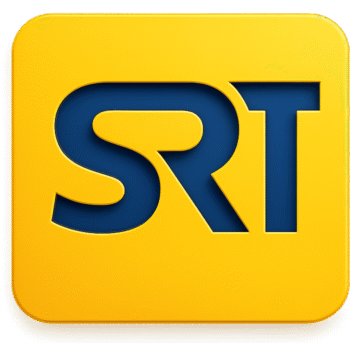About Course
This course provides a comprehensive introduction to the C and C++ programming languages, designed to help learners build a strong foundation in programming concepts and problem-solving. Gain the skills needed to create efficient, structured, and scalable applications.
Tools & Technologies Covered:
- C Language
- C++ Language
- IDEs: Code::Blocks, Visual Studio, GCC Compiler
Course Overview
This course will help you:
- Learn the fundamentals of programming with C.
- Master object-oriented programming concepts with C++.
- Develop the ability to write efficient, modular, and error-free code.
Course Curriculum
C Programming
Module 1: Basics of C Programming
- Introduction to C Language and Compilers
- Variables, Data Types, and Operators
- Input and Output in C
- Control Structures
- Decision-Making (if, if-else, switch)
- Loops (for, while, do-while)
Module 2: Functions and Modular Programming
- Writing and Using Functions
- Parameter Passing and Return Values
- Recursion Basics
Module 3: Arrays and Strings
- One-Dimensional and Multi-Dimensional Arrays
- String Handling Functions in C
- Array-Pointer Interactions
Module 4: Pointers and Memory Management
- Basics of Pointers
- Dynamic Memory Allocation (malloc, calloc, free)
- Pointers to Functions
Module 5: Structures and File Handling
- Defining and Using Structures
- Reading and Writing to Files
- Random and Sequential Access to Files
C++ Programming
Module 6: Introduction to C++
- Differences Between C and C++
- Compiling and Running C++ Programs
- Introduction to Object-Oriented Programming
Module 7: Classes and Objects
- Defining Classes and Creating Objects
- Member Functions and Access Specifiers
- Constructors and Destructors
Module 8: Advanced Object-Oriented Concepts
- Inheritance and Polymorphism
- Single, Multiple, and Multilevel Inheritance
- Function Overloading and Overriding
- Operator Overloading
- Defining Custom Operators
- Stream Operators
Module 9: Templates and Exception Handling
- Function and Class Templates
- Standard Template Library (STL)
- Vectors, Lists, and Maps
- Handling Errors with try-catch
Module 10: File I/O in C++
- File Streams (ifstream, ofstream)
- Reading and Writing to Files
- Random File Access
Key Features:
- Hands-On Practice: Work on coding exercises and mini-projects.
- Industry-Relevant Training: Develop problem-solving skills and structured programming techniques.
- Certification: Earn a C and C++ Programming certificate upon successful completion.
Who Should Attend?
- Beginners interested in learning programming.
- Students pursuing computer science or engineering.
- Professionals looking to strengthen their programming foundations.




